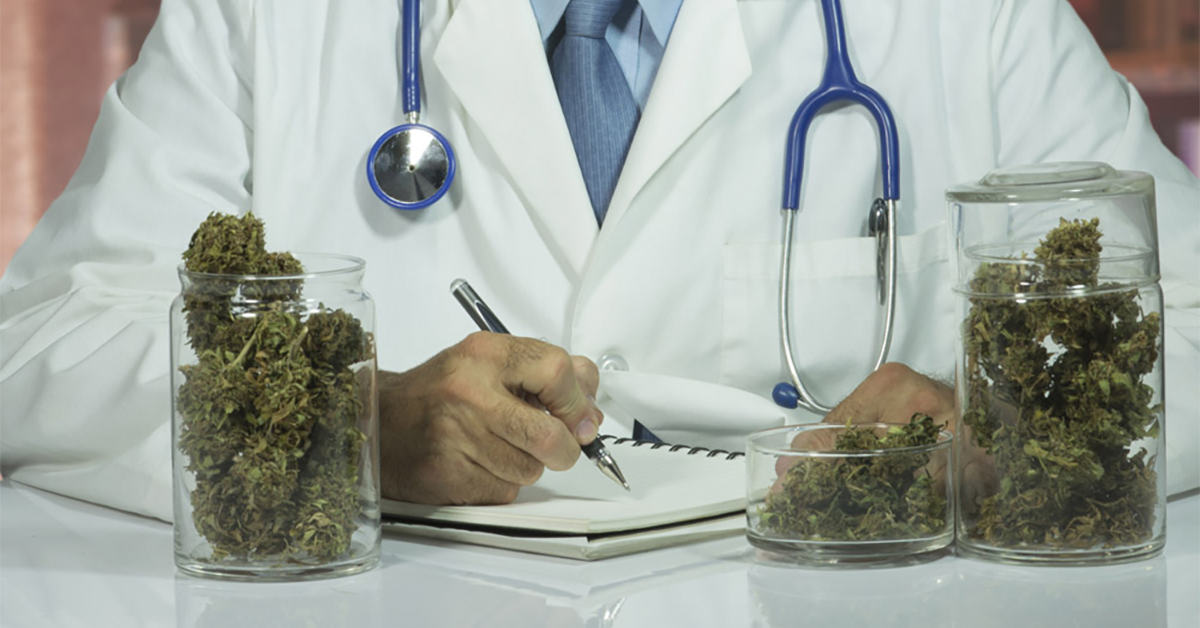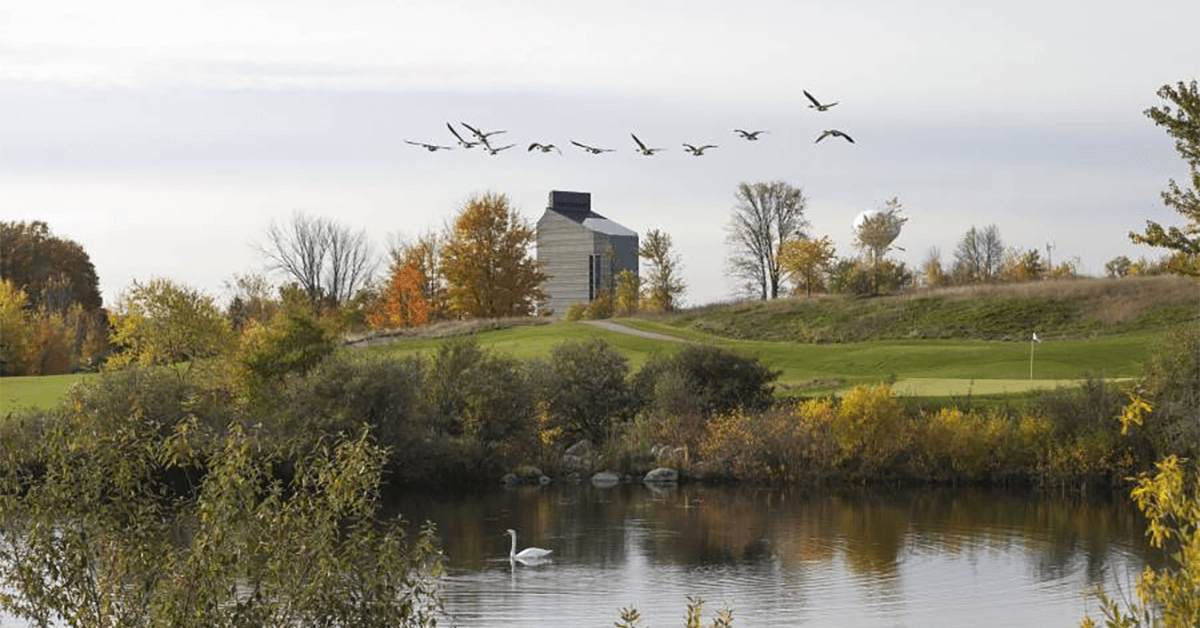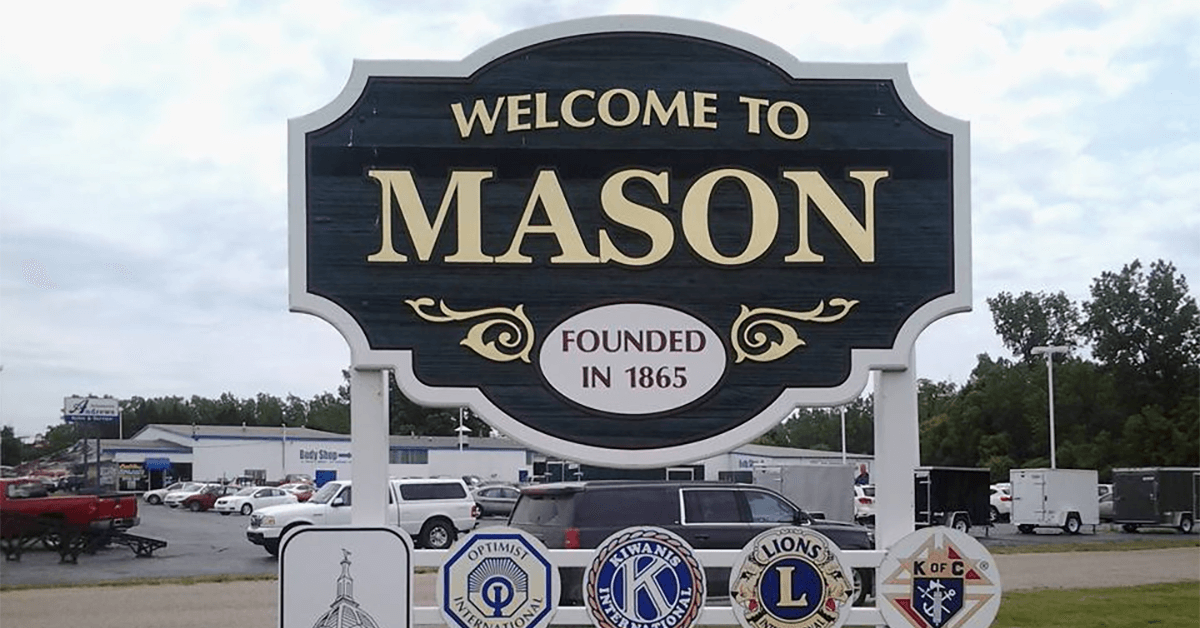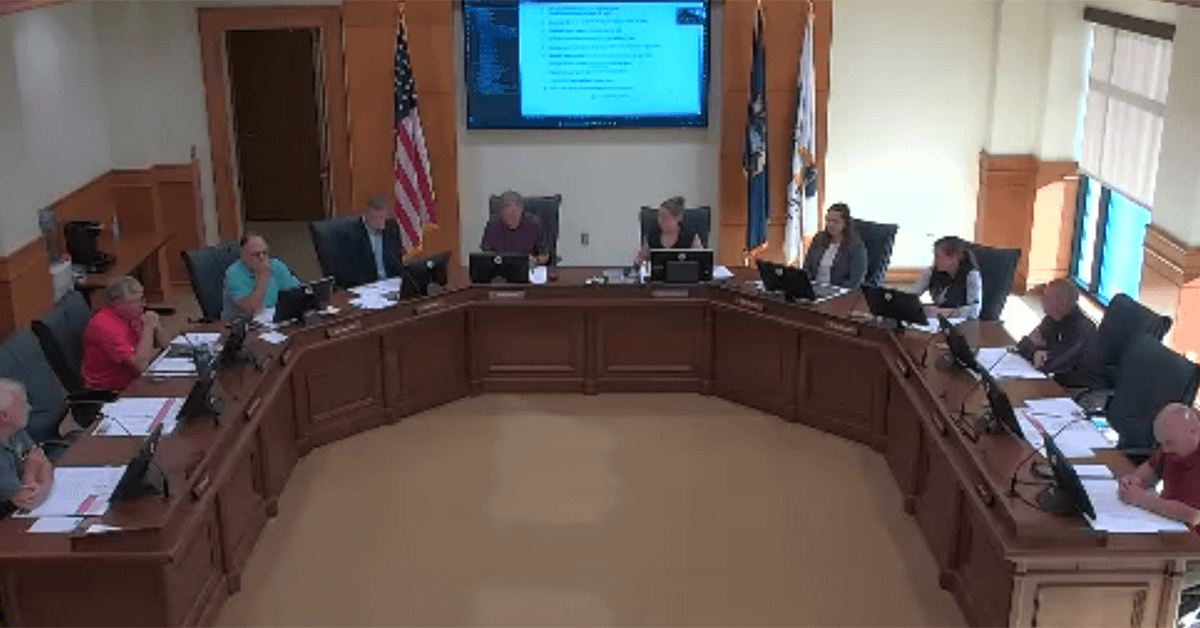Michigan Medical Marijuana Certifications Raise Concerns

Between April 1st, 2021, and September 29th, 2022, 18 Michigan doctors issued nearly 62% of the state's 134,709 medical marijuana patient certifications. The Cannabis Regulatory Agency (CRA) raised concerns over this concentration, especially since two doctors alone certified over 23,000 patients, averaging more than 30 patients a day. These certifications, with fees starting around $100, potentially generated revenues exceeding $13.5 million.
In contrast, a 2018 Physicians Foundation survey revealed most doctors felt overworked after seeing 11-20 patients daily. Given these statistics, the audit questioned the legality of certain certifications. Although the vast number of certifications by a few doctors alarmed CRA officials, they stated that privacy laws prevent them from reporting potential unethical behavior.
The CRA ensures that every doctor's credentials are verified with the Michigan's Bureau of Professional Licensing. Most rejections are due to inadequate licensing information. However, the names of the physicians in question have been kept confidential.
Notably, a doctor previously faced a two-year license suspension in 2018 for certifying almost 22,000 medical marijuana patients within a year.
Certified patients can purchase stronger cannabis products and evade a 10% tax on recreational marijuana. Due to these benefits, some applicants might approach doctors who provide certifications without a proper patient-doctor relationship. Michigan law mandates a comprehensive evaluation for such certifications, including a review of medical history and a proper follow-up.
With telemedicine on the rise, many get their medical marijuana card certifications online. Fees usually start at $100. After a brief virtual consultation, some users receive their certification on the same day. The state charges an additional $40 for processing, and certifications are valid for two years.
The Michigan Medical Marijuana Act, established in 2008, allows certified patients to purchase and possess specific marijuana quantities. The CRA manages the program and also verifies caregivers who can grow and produce cannabis products for up to five patients and themselves.

However, both the number of caregivers and patients have seen a decline. The number of registered patients decreased by an average of 5,640 monthly, and caregivers by 875 monthly over the last year.

Moreover, fewer retailers now sell medical-designated cannabis. Initially, the CRA required retailers to have both recreational and medical licenses. Now, many are forgoing the medical license. Currently, 296 stores are licensed for medical marijuana, whereas 704 are licensed for recreational sales.
Share this article:
Spotted a typo, grammatical error, or a factual inaccuracy? Let us know - we're committed to correcting errors swiftly and accurately!








 Helpful Links
Helpful Links